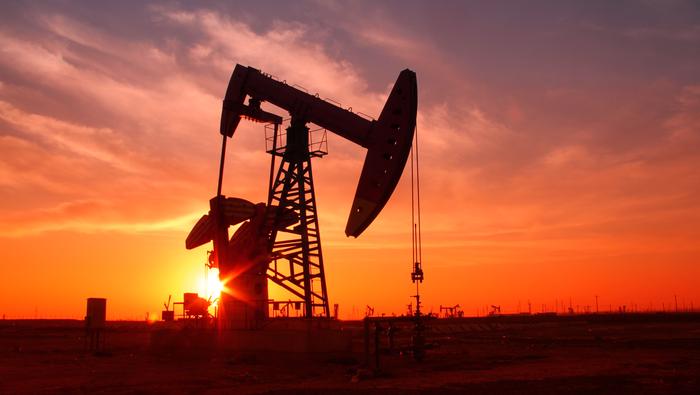KATHMANDU: Some of the world’s most respected oil traders have predicted crude prices could climb beyond $200 a barrel this year owing to a growing international boycott of Russia and a lack of alternative sources of supply.
Pierre Andurand, one of the sector’s best-known hedge fund managers, said supplies of Russian oil into Europe would disappear in the aftermath of Vladimir Putin’s invasion of Ukraine, leading to a lasting reshaping of global energy markets.
“Wakey, wakey. We are not going back to normal business in a few months,” he told the FT Commodities Global Summit in Lausanne. “I think we’re losing the Russian supply on the European side for ever.” Crude could even hit $250 barrel this year, double current levels, he said.
Other veterans of the oil market speaking at the conference agreed that Russian crude and refined products such as diesel would not return to the European market any time soon, even if a ceasefire with Ukraine were agreed.
Analysts have estimated as much as 3mn barrels a day of Russian oil could be lost from the market.
Doug King, head of RCMA’s Merchant Commodity Fund, predicted that oil prices would soar to between $200 and $250 a barrel this year. “This is not transitory. This is going to be a crude supply shock,” he said.
Brent, the international oil marker, hit $122 a barrel on Wednesday ahead of a meeting between EU and Nato leaders in Brussels on Thursday that may result in fresh sanctions on Russia. Prices stretched as high as $139 immediately after the invasion of Ukraine, and even after the pullback from there, they stand 90 per cent above their level at this point last year.
“I don’t think given the way things are going, this is a temporary problem,” said Alok Sinha, global head of oil and gas at Standard Chartered. “You now have to deal with this as a long term issue which means you need to find alternative supply growth.”
Daniel House, senior crude trader at Socar, the Houston-based trading division of Azerbaijan’s national oil company, said the US shale oil industry was unlikely to ride to the rescue by cranking up production to pull prices down.
[Even] if they wanted to speed up, it’s a 12-month process,” he said, adding that some producers could take as long as 18 months to bring on new oil. “The cavalry is not coming as quickly as it did when we had previous incentives for them to grow”.
The US shale industry was once known for its debt-fuelled production binges but executives have since pledged not to outspend cash flow and burn through capital on costly projects.
King said oil prices in the futures market would need to rise significantly before the US shale industry could increase production and deliver the cash returns expected by investors. The contract for US benchmark WTI, for delivery in December 2024, was trading below $80 a barrel on Wednesday.
Ben Luckock, co-head of oil trading at Trafigura, predicted a peak Brent crude price of $150 a barrel this summer and warned that developing economies with less ability to reduce fuel taxes would be hardest hit.
“Whilst the US, western Europe and wealthier countries in the world will be able to afford some of these tax breaks, print some money . . . those poorer nations won’t have the same toolbox,” he said. “These are going to be the people who suffer first and these are some of the unintended consequences of the policies that are likely to come.” FT

